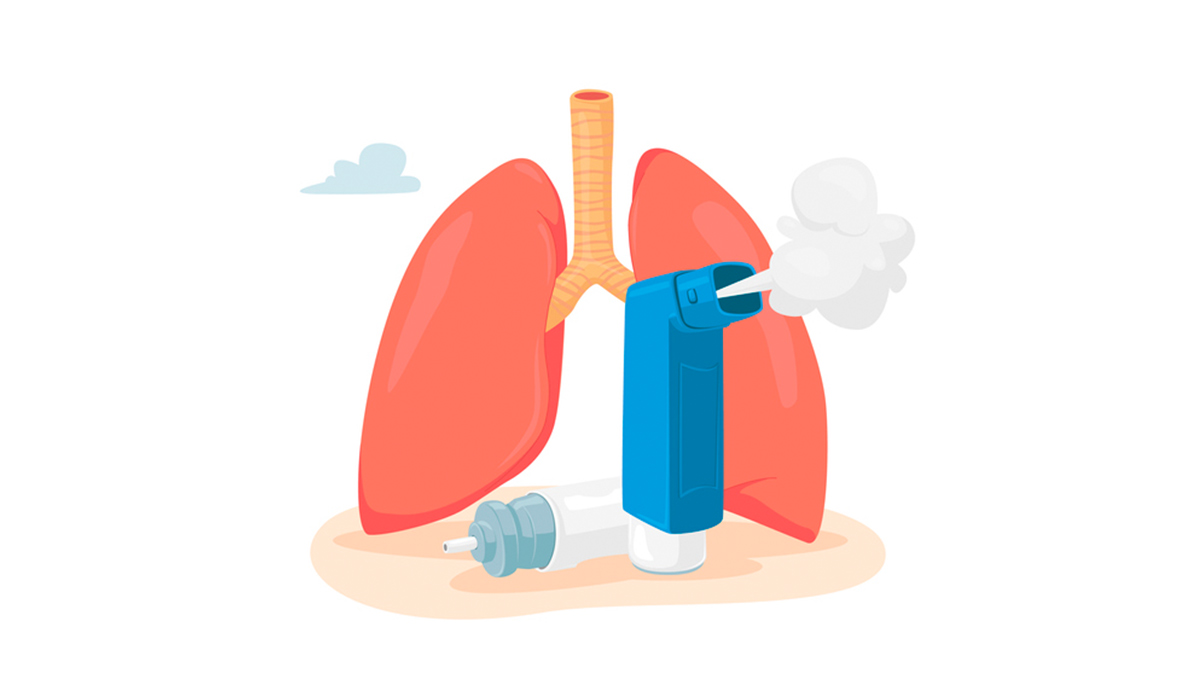Survey shows that 45% of patients have had to forego asthma medications for themselves or their children due to financial constraints
On World Asthma Day in May, the Asthma Society of Ireland released findings of a new survey of 1,294 men and women living with asthma in Ireland.
The survey, undertaken as part of Asthma Awareness Week 2023, revealed the stark realities of the impact of the cost of living crisis for those living with asthma in Ireland. Some of the top-line findings include:
- 96% of those surveyed have been prescribed asthma medications.
- Despite that, 45% of asthma patients have had to forego asthma medications for themselves, or their children, due to financial constraints.
- 48% of households with asthma have been in arrears on mortgage or rental payments; utility bills; hire purchase instalments or other loan payments in the past 12 months.
- 76% also said that their own or their child’s daily activity was limited or severely limited by the disease.
- 25% of survey participants described their asthma as bad or very bad.
This survey was undertaken by the Asthma Society ahead of Asthma Awareness Week 2023, which took place from 1-7 May. This year is the 50th anniversary of the Asthma Society in Ireland. To mark this milestone, the Asthma Society held a virtual conference on 4 May, ‘Asthma Care for All’. The conference featured people living with asthma describing their own experiences of being treated for asthma, and the difference the Asthma Society’s services have made to their lives.
Alarming
Asthma Society CEO Eilis Ní Chaithnia said of the survey findings: “These statistics are alarming, considering that 380,000 people in Ireland have asthma, and every four minutes, someone visits the emergency department due to asthma. Tragically, each week, a family in Ireland loses a loved one due to the condition.
“Therefore, it is crucial to prioritise universal access to asthma medications to ensure that people can manage their condition effectively. The Asthma Society has been advocating for asthma medications to be included free of charge on the Long Term Illness Scheme for years. This is something the organisation urgently calls for, especially since Ireland has the second-highest hospitalisation rate for asthma in the EU.
“If people are not using their daily preventer inhaler, they often rely on their reliever inhaler or steroid tablets to treat their worsening symptoms. Over-use of your reliever inhaler or steroid tablets can lead to detrimental side-effects. Over-use of your reliever inhaler can lead to fatalities.”
Prof Marcus Butler, Consultant in Respiratory Medicine at St Vincent’s Hospital and Medical Director of the Asthma Society, said: “Asthma is a chronic (or long-term) illness and the World Health Organisation considers it to be the most common chronic disease among children, affecting one in every 13 children and adults in Ireland. Chronic illnesses typically persist well beyond six months.
Ninety-one of those surveyed by the Society expected their own, or their child’s asthma, to last for six months or longer, and 76 per cent also said that their own or their child’s daily activity was limited or severely limited by the disease. The tragic deaths we see in asthma are largely preventable with medication.
“What we learned from the survey was very concerning. People with asthma need to take their medication as prescribed, as good asthma control is key in preventing asthma attacks, hospitalisations and those asthma deaths.
“It’s important that people know how to use their inhaler properly. If you are in doubt about how best to use asthma medication, you can reach out for free expert advice from our respiratory nurse-led Asthma Adviceline or visit your GP for an asthma review. Asthma.ie is also a great resource, providing tips and advice on how to best manage your asthma. It is important to remember that help is available.”
Successes
Over the past 50 years, the Asthma Society has achieved many successes, including establishing the Asthma Adviceline in 1982, which has helped thousands of families. This free call- back service provides expert advice from respiratory nurse specialists on all aspects of managing asthma, from identifying triggers to creating an Asthma Action Plan. If a person, or any member of their family, have concerns about their asthma, they can call the Adviceline at 1800 44 54 64 or send a message via WhatsApp to 086 059 0132.
The Asthma Society quickly adapted its services during the pandemic, conducting 4,416 nurse appointments through its Adviceline in 2020. In addition to a respiratory crisis, people with asthma are now severely impacted by the cost of living crisis, the Society said.







